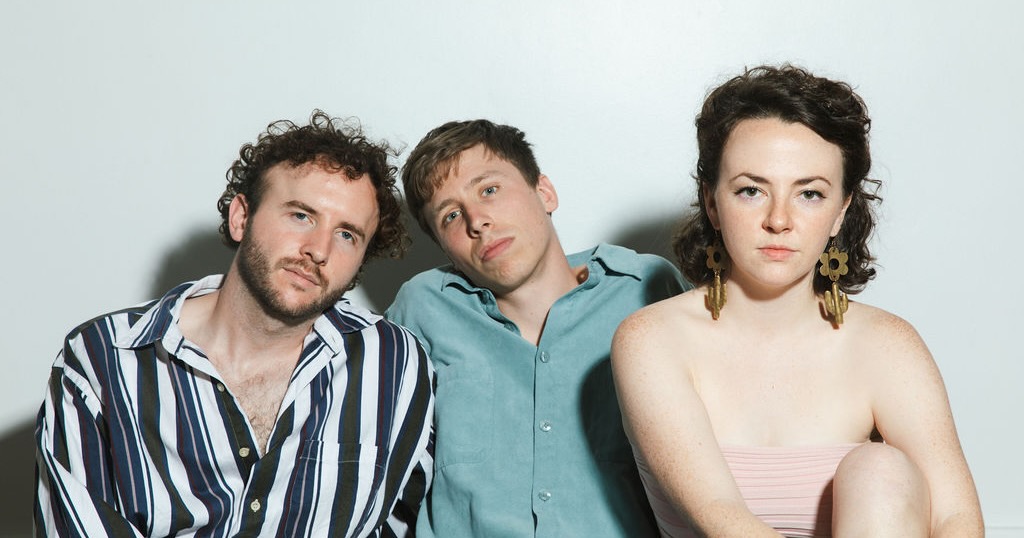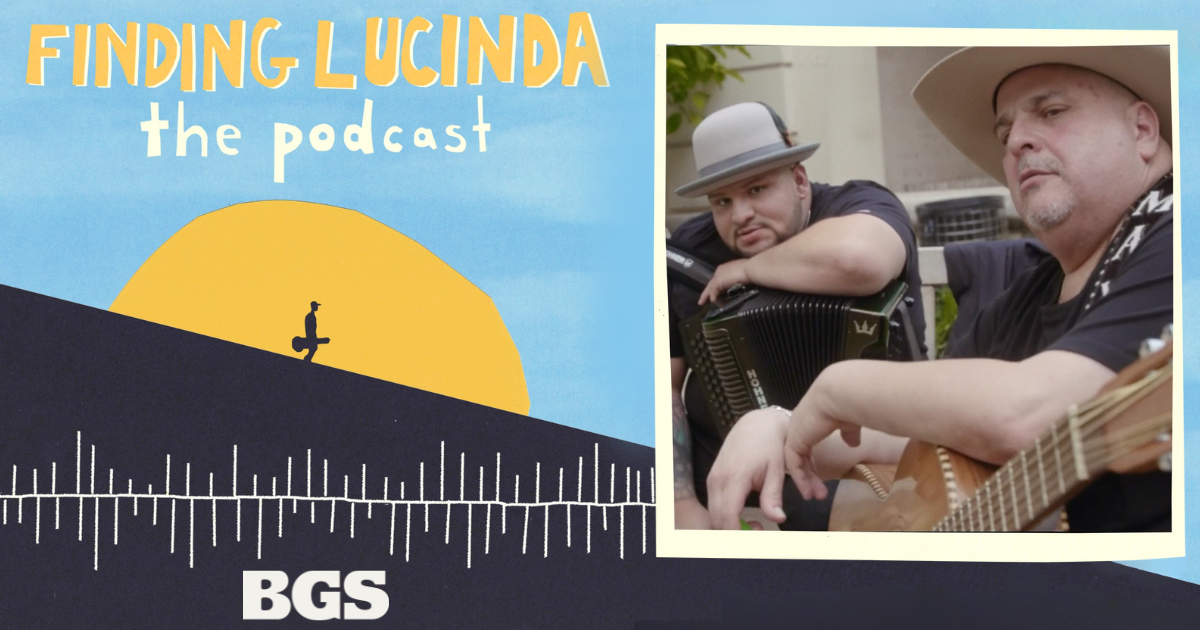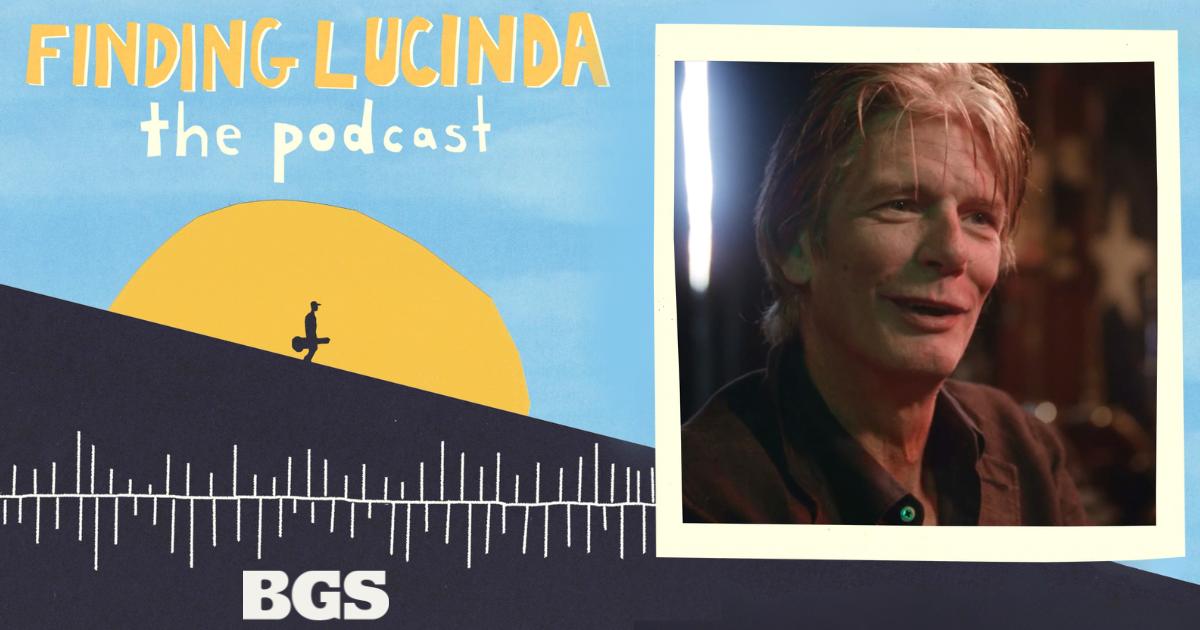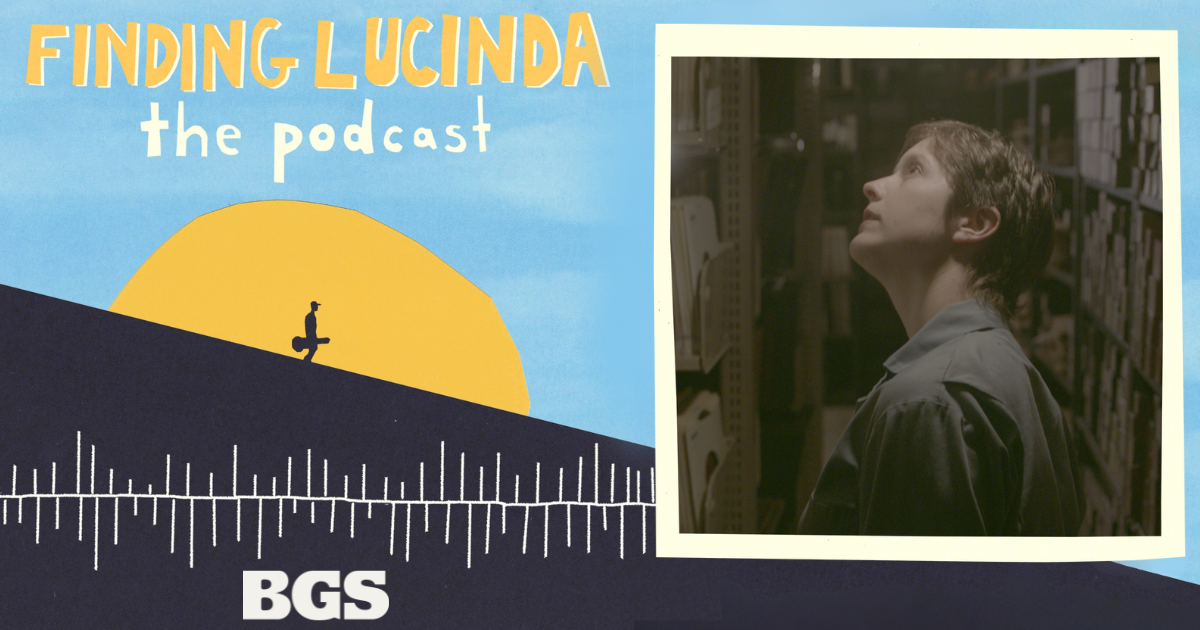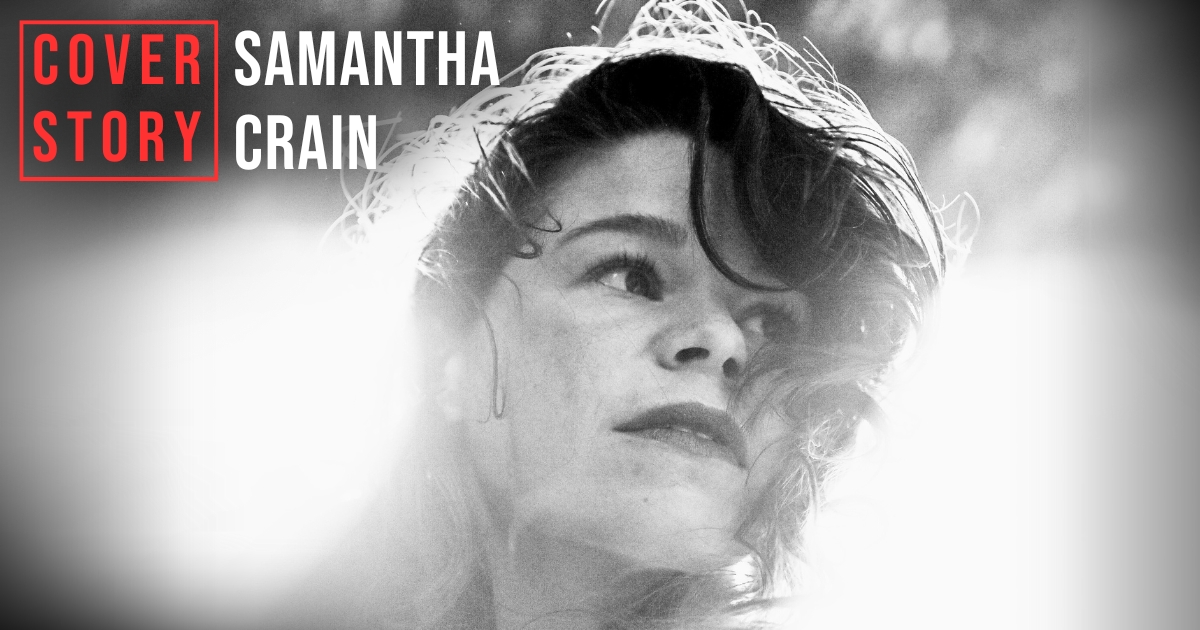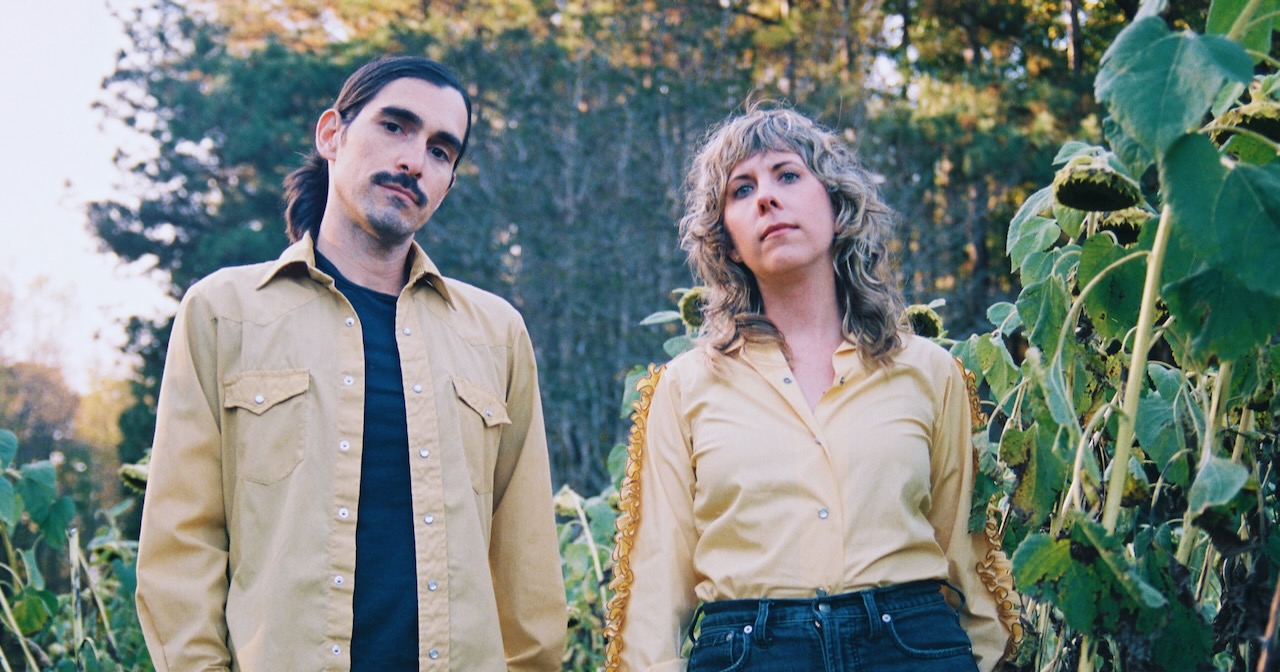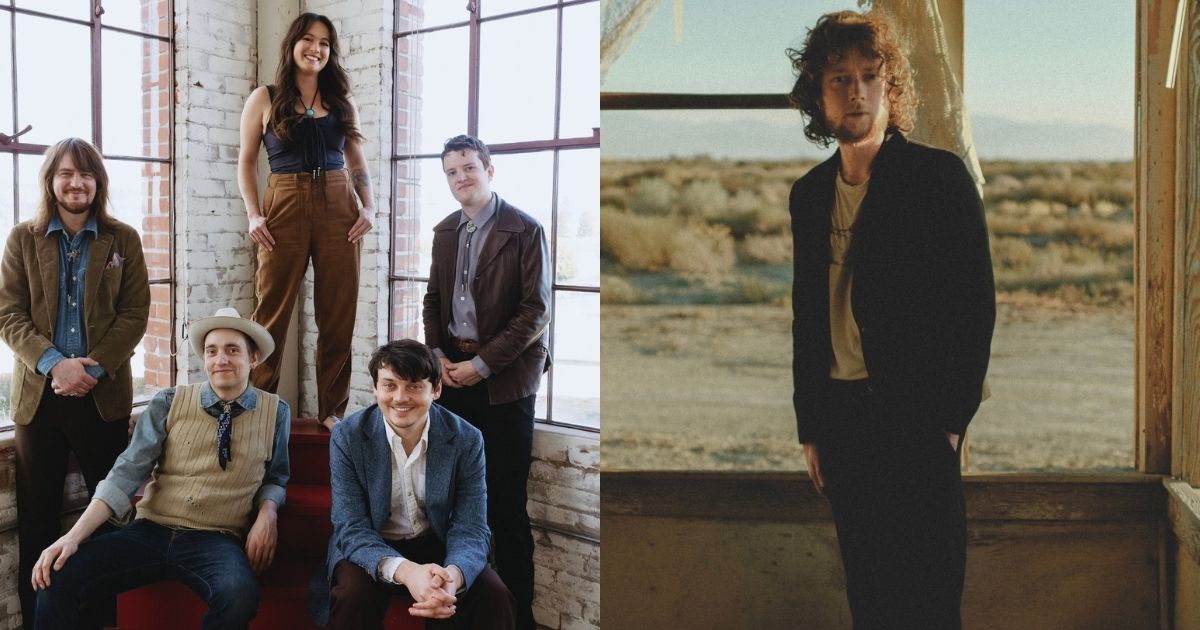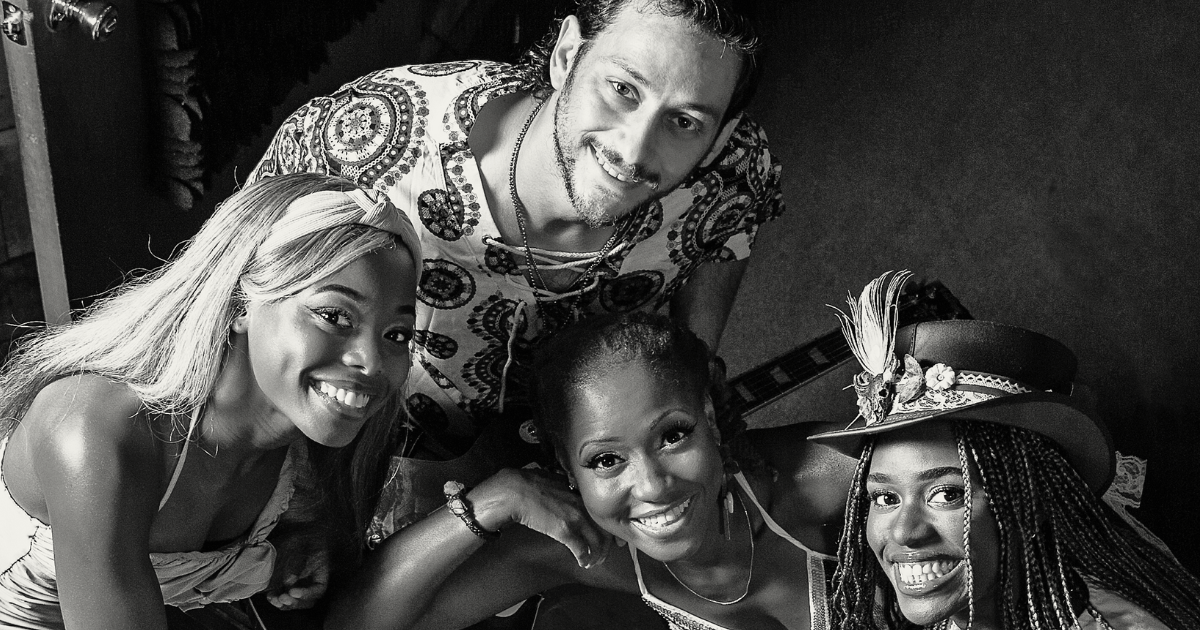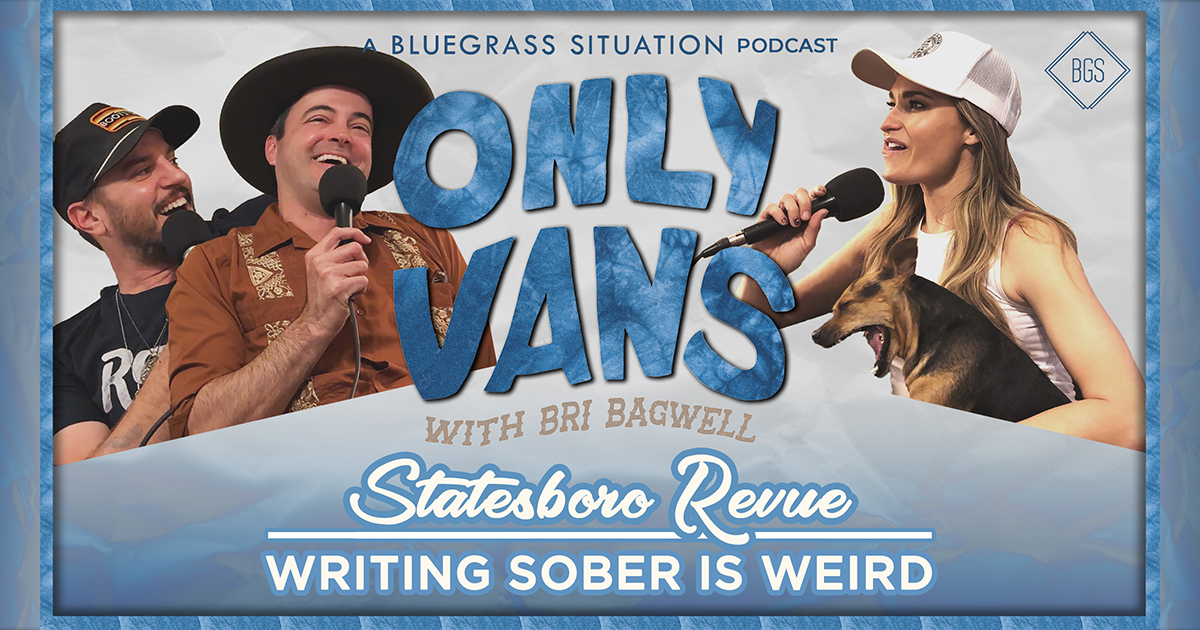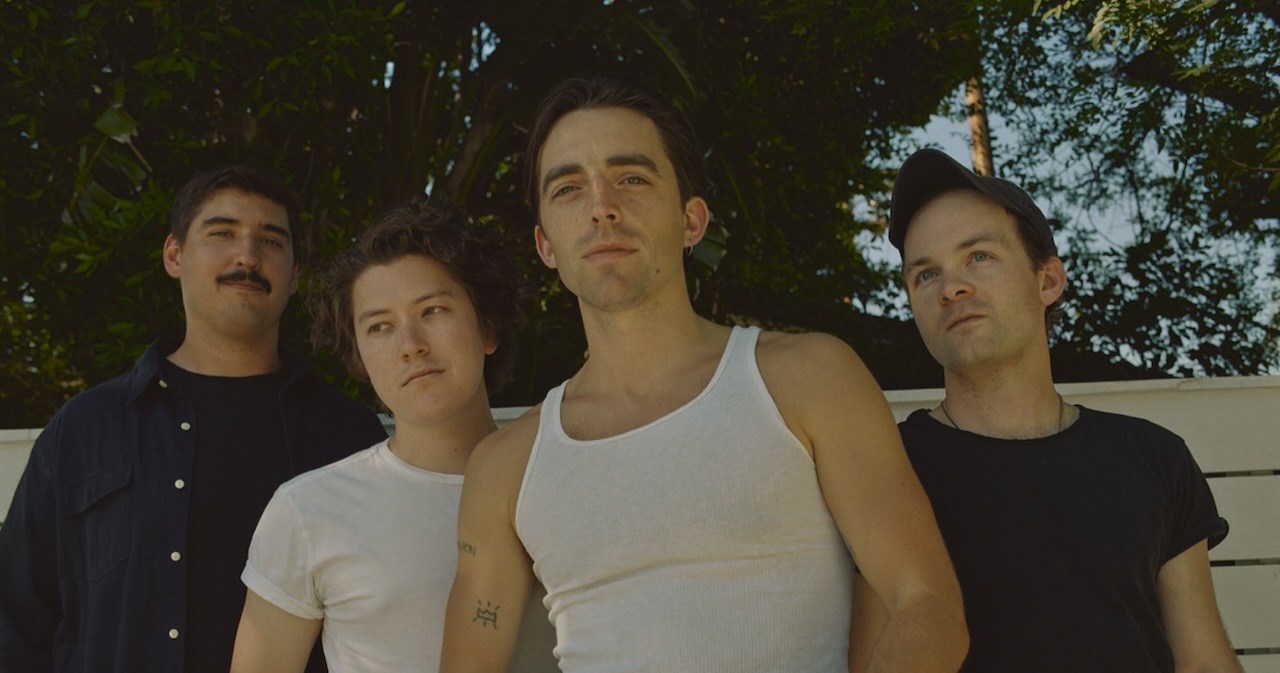Dallas Ugly is not a country band. Except that they are?
More than a decade ago now, college classmates Eli Broxham, Owen Burton, and Libby Weitnauer began playing together as a new acoustic band, bluegrass and old-time chops combined with jazz and jammy virtuosity. Eventually, via COVID pandemic cloistering together, they crafted a collective identity as Dallas Ugly, a vibey and tight alt-country group built around original songs that made a splash with their 2022 debut, Watch Me Learn.
On that album you can hear bluegrass grit, the tenderness of folk and indie songwriting, influences of Southern rock and pop, and dashes of Texas twang – perhaps supplied by confirmation bias thanks to their moniker. On their latest album, See Me Now (released in April), the trio are abandoning any and all claims to Americana and country. But this collection – one of the best roots albums of the year – still listens like so many classic artists and albums at the intersection of indie, country, and the vast musical horizon.
When you ask the Nashville-based band how they’ve landed in this new, borderless, agnostic genre territory, they seem as surprised by their own chosen style markers and aesthetic vocabulary as their audiences. “It’s an accident,” says Weitnauer – with delight. “We don’t know why we sound this way. We’ve been able to loosen up more, build on the experience we’ve gotten just as musicians. … With this iteration, I feel like it shows a full development of our sound.”
In truth, however See Me Now and Dallas Ugly strike your ears, it’s quite a straightforward task to trace their journey through genres. (Though it’s not the most straightforward to discuss!) The trio simply follows each song down their own individual creative rabbit holes, trusting the music and each other to find or carve out sounds that encapsulate the feelings, textures, and stories that they craft together. They don’t lead the songs, the songs lead them. As a result, Dallas Ugly alchemically transform barn burning old-time fiddle, endless country twang, deep honky-tonkin’ pocket, earnest, sentimental songwriting, and pop-informed sweet tooths into smooth, artful, endlessly interesting indie rock.
Dallas Ugly’s brand of roots music – if you can call it that – is downright beautiful. We spoke to the group via phone between tours in May about making the album, claiming genre (or not), and the sometimes passive, sometimes overwrought process of shepherding these songs into the world.
I wanted to start with getting the genre conversation out of the way, as it were. Y’all have been very forward with communicating that this isn’t really a country album; that you don’t really see yourselves as a country band. You call it indie, indie-pop-rock. I hear you as decidedly Americana and country, personally. Obviously you have those indie-pop touches – plus, we know you have string band bones as well – but can you talk a little bit about your relationship to genre and how you intentionally stepped into this much more free, borderless sonic space with this project?
Libby Weitnauer: It’s funny, because as I’ve had more conversations with people since the album’s come out I’m like, we definitely marketed it wrong. [Laughs] The other way we could’ve gone – everyone is like, “Do you ever listen to Sunbelt?” “Do you ever listen to Wilco?” “What about like The Breeders?”
Everyone says it’s ‘90s alt-country. It’s like, “Damnit… you’re right.” [Laughs]
But you asked what were the intentional steps that we made – and I would say there have been no intentional steps towards any genre. Which is why we are having trouble pinning it down, because I think we decided to market it the indie route. Honestly, the Americana world seemingly wants to have nothing to do with our music. [Laughs] So we were like, “Okay, then, I guess it’s not Americana, I guess it’s not country.” Every time we bring it to those people they turn it away.
I would say our relationship with genre is very passive. When we’re making decisions and writing songs, genre isn’t a consideration. It’s always been that way. When we started playing together as the very goofy band that we were before this band, that was a sort of attempt at new acoustic music. It was the same thing, we just make decisions [based on] things that we like, or think we’re supposed to do sometimes, or sound good. Then it comes through this Dallas Ugly Eli-Libby-Owen filter, no matter what.
We’ve honestly tried so hard to fit into a genre. Where we’re like, “Okay! We’ve done it this time. You guys, we made a song that sounds like something else that exists.” Which is a funny thing to aspire to. Just trying to create stuff that we like and then it’s, “Oh, nope, nevermind. There it is. Just as weird as ever.”
Do you feel like the songs are what’s guiding you in that passive way? That you’re just trying to give the songs the treatment they each want or are asking for or deserve? Do you feel like it’s taste? Or is it just how it ends up is how it ends up? What do you think is the process for how it ends up being borderless and amorphous and not quite any one thing?
Owen Burton: Yeah, I think those are all in there. I think it isn’t as if we’re striving when we’re writing, it’s not like we’re intentionally pointing to a specific genre. There’s just things that we don’t realize are so genre-coded that are kind of inescapable about our musical voices. When we are asking how to start a song it’s, “Let’s do a fiddle kick.” It’s not, “Let’s do a country thing.” It’s just, “I feel like a fiddle kick would make sense.” And then, on the other end of that is people being like, “This is a country record now!”
It’s fair enough. But I think with this record, too, [as] I’ve learned with our first album – which we were like, this is a country record – I feel like we learned, in how it was received, how actually regimented the Americana style is. And how we weren’t within certain signifiers that are pretty regimented. Indie rock is way more broad, in terms of what it tolerates stylistically.
So the next one, this one, certainly can fit in that big tent. Now, the way it’s been perceived that way too, [I’ve realized] indie rock’s pretty regimented in ways that I didn’t understand, too. Mostly about singing. I think just none of us sing like indie boys. [Laughs]
LW: Or country voice. That’s the thing, I think what it comes down to is if different people were singing our songs, maybe it would be clearer. But I think, especially Owen and I, we have acquired taste, stinky cheese voices. [Laughs] It’s definitely not for everybody. Eli, obviously he doesn’t sing quite as much, but weirdly I would say Eli has the most familiar voice.
I happen to love stinky cheese.
LW: Exactly! Me too.
How does Justin Francis play into the genre paradigm here as your producer, as somebody who effortlessly walks between those sonic worlds? Can you talk a little bit about working with him and having him in the control room?
OB: He understood what we were going for. When we started, we intentionally controlled less variables going into the studio for this one. It’s not as if we had a strategy meeting about what kind of album this was gonna be before we started, making creative decisions on it. The songs were vaguely written before we went into the studio, but not arranged and not figured out like across the band ahead of time.
I feel like even just that process– I guess that’s a bit of a question, is that more of an Americana process or more of an indie rock process? I see that as more of a rock process; I feel like rock bands often go into the studio with songs not even written and they just write it in the studio. With [Justin] on board, he had all kinds of ideas when we were writing in the studio, little bits of studio vocab that we don’t have ourselves. [He] pushed and pulled in different genre directions, for sure.
LW: Part of the reason that we worked with him is we did these two singles with him, “Big Signs” and “Born Crying” just to try working with another producer and see what happens. I don’t even know that we were really [thinking] we could make an album with him, because honestly, he’s the real deal! We were like, “He’s famous, so he probably won’t make an album with us, but let’s just see what these things will sound like.” It was so effortless and he let us do our thing on those two. I feel like those [songs] are just as unhinged as anything else that we’ve made and he was right there with us with the ideas.
I would say, generally, working with him was really effortless. That’s the word I would use. The whole time, even the pre-production meetings.
Let’s talk about some of the music. My favorite is “Bad Feeling.” I know the lyric may say, “It’s a bad feeling, I don’t like it at all…” but I do like it. I like “Bad Feeling” a lot. I heard you guys play this song live a bunch before the album, too, but can you talk about the origin of it, its writing, how it came together in the studio?
LW: That’s the one song I think on the whole album that we had been performing [before recording]. Maybe “You Can Leave,” but it changed a lot. “Bad Feeling” we had been performing pretty much as it is, for the most part. I’m glad that you like it, because that was the song I was like… not disappointed in, but I had so much trouble breaking out of the live arrangement that we had. We had played it so much that I felt like the track suffered a little bit from how attached we were to the live arrangement.
But the making and the writing of that song, I feel like I wrote it [because] I’d been listening to a lot of Judee Sill. I guess I was inspired by that and was trying to capture how some of her songs, the chords move with the lyrics a lot. I didn’t end up really sounding like her at all, but some of the original harmonies we had for that song, played [off of] some of the harmonies in her music.
I feel like that song is like the epitome of my writing style, which is pretty autobiographical. Every time I try to write like feathery stuff, it sounds really goofy. And so with lyrics, I just try to find the most straightforward way I can say something. Usually that ends up being the most poetic, from my voice.
How do you know when you have a hook or you have the bit of the song that’s gonna be what everybody shouts along with? To me, it doesn’t feel like any of you are writing songs because you think they’re gonna be a hit. But at the same time, when I hear a really hooky song or a really catchy song – like basically this whole album – whether it’s “Bad Feeling” or “Sugar Crash” or “Circumstances” or “See Me Now,” I can picture a “light bulb moment” when you find that hook or line that ends up being the sing along.
LW: When I’m writing, I don’t really consciously think about hooks like this. That being said, a lot of my songs start with either a phrase or a melody. I’ll be on a walk or doing something in the kitchen just singing little thing. Like “Circumstances” – “I put a letter in the mail…” – that just happened in my brain when I was doing something. Then usually I’ll grab onto that and write the song around whatever little melody piece comes to me. I guess what ends up being the hook, a lot of the time, is what comes to me. And then I find myself singing it and I let it take off and do what it’s gonna do.
Eli Broxham: I feel like something that comes up, a question we end up asking ourselves that I’ve heard Libby ask a bunch of times is, “Is this super cheesy?” [All laugh] Which, we definitely ride the line of cheesiness, but at some point, you have to just be like, “I don’t know. I like it. And that’s good enough.” If it’s borderline to me, maybe it’ll be over the line for somebody else, but clearly, within bounds for another listener.
At some point, trust your instincts and be like, “It might be cheesy, but that’s okay.” And yeah, I think melodically is where I have my surest footing [writing hooks]. I still feel as a songwriter, if I hit the mark, it’s maybe by chance or something.
I also want to talk about “See Me Now,” because it’s the title track, because it’s a great song, but also because I feel like it epitomizes the journey y’all have been on, from Watch Me Learn to this album. Not just musically and creatively, but also genre, and also politically and socially. This song is “of the moment” in a really interesting way, because you can listen to it down and it’s a love song and it’s a song about seeing and being seen, but it’s also about perception and, “Is my existence valid?”
All of that is really deeply resonant, but if you zoom out and view the song in the context of the band, it changes its meaning. If you zoom out yet again and you view it in the context of y’all really coming together during COVID to do this project as Dallas Ugly, being friends for more than a decade, it changes the meaning of the song again. It’s a tesseract of a track where you guys are writing in four dimensions – it’s not too intellectual or conceptual, but it has endless depth. How!?
OB: I actually wrote that very quickly, because Elise Leavy was having like a songwriting circle. I hadn’t written a song terribly recently, so I was just gonna write something real quick for this. That was the song I wrote and at the time – this is years ago – I was very into that Kacey Musgraves album, Golden Hour, and the lead track, [“Slow Burn”]. That acoustic intro thing, I was messing around with that, because the chords are really simple, but the voicings are so interesting.
Those two things – “hurry up and write a song” and the somewhat new vocab I had just learned – came together. That first draft of it was soft, crummy – plus those lyrics, it’s hard to say what they’re about, because I wrote them very quick. Sometimes this spiel I give on stage is:
It’s three people meeting each other after some kind of apocalypse. In the universe of the apocalypse, because nobody has anything anymore, it’s very hard to [determine] what status anyone was before the apocalypse. It’s three different kinds of people with different former social status, wishing that people they interacted with could tell what status they used to have.
People are very comfortable in their status, I feel like whether it’s high status or low status, people find comfort in both. Personal comfort in your own status and the comfort in feeling like you know how to treat people once you derive their status.
I feel like audiences never understand that spiel and it’s maybe too heady to be worth anything. [Laughs] Maybe that’s also why it feels like there’s so many different reads you could have of that song.
I think the most interesting thing about it – and maybe I’m projecting y’all – is the sentiment, “Can’t you see me now? I want you to see me.” Maybe that’s just the millennial condition. All of us having nostalgia for something that never existed, generationally, and being like, “I need you to see me. I need you to perceive me. But also I’d rather you perceive me from the golden era, from the before times. From when things were right.”
Also the “Can you hear me now?” reference of it all feels very millennial, very of the 2000s in a great way. Again, is this cheesy? No, of course not. Listen to it! But also, yes it is.
OB: Yeah, that’s where we live.
LW: That’s where we live! And I would say, before this, before the version that’s on the album, it had a very different flavor. I can’t even remember how it sounded exactly, but it was definitely more country – almost like country rock – and that was over the line. I’m glad we found [this style] and Justin helped us find that. Just pulling it back to the other side a little bit, because yeah, lyrically and melodically, it’s so solid and awesome. But we had to go to the drawing board a few times to get the setting right for it.
@dallasuglymusic Woops! We turned our indie pop song “Circumstances” into an acoustic one 🙊 #bigthief #adriennelenker #mjlenderman #mjlenderman #fiddle #acoustic #uprightbass #arcadianwild #indierock #fleetwoomac #acousticguitar #folkmusic #indierock ♬ original sound – Dallas Ugly
EB: That one is like the musical ideas are blocks that are put in place. I remember when we were doing this – after some of the drawing board stuff that Libby was talking about – but I was listening to that Mac Miller album, Circles – which I think is maybe the best Mac Miller album. I was listening to how the elements didn’t change, they just turned on and off to make the song, which I feel like is pretty common in pop and rap production. But often, especially in this band or in Americana and rock, things tend to sneak in and out and evolve.
But for that song in particular, the bass line just turns on, then turns off for a little part. It turns on and turns off. There’s different parts of different sections, but they are like binary, which I think is an interesting approach – and a first for us, in that sense. Somehow, that takes it out of the realm of cheesy country and accentuates the lyrics in a nice way. Even that final chorus, where it’s just a big pause and then the chorus turns on.
LW: That’s interesting that you say that, ’cause I feel like for my fiddling, that was the approach I took on this whole album. Honestly, until we got to the pre-production meetings I was like, “I don’t even think I’m gonna play fiddle on this album.”
I took more of [an approach like] I’m a sample of a thing, rather than being a fiddle in a band. Like even on “You Can Leave,” which is the more fiddle-y of the tracks, in the verses I’m not doing traditional fills. I’m doing this one rhythmic hook every time this comes around and that’s what I’m playing on this song.
It was the idea of turning things on and off rather than trying to be part of the whole song. And I let myself punctuate things and not feel like I need to play the whole time.
Photos courtesy of the artist.
